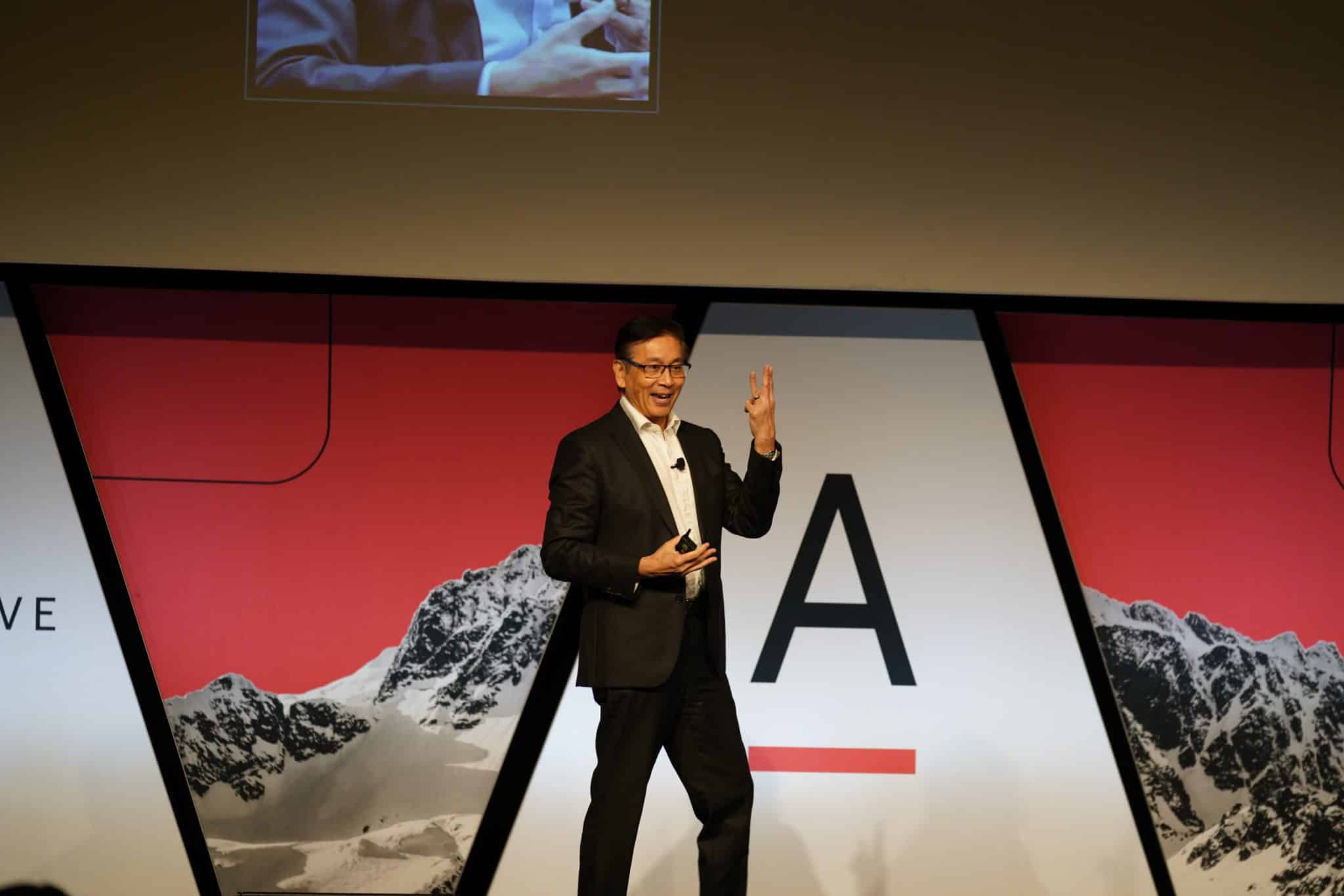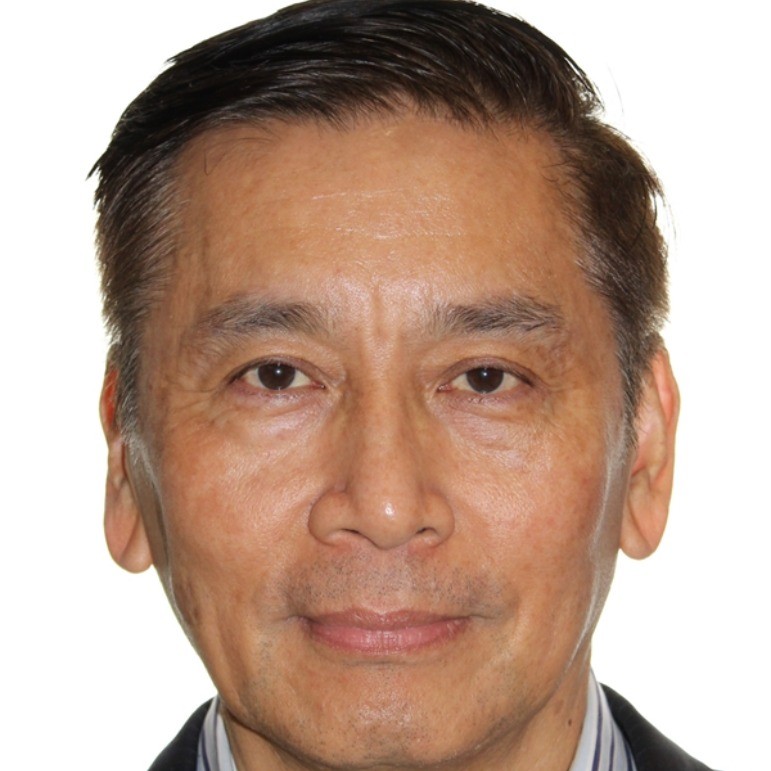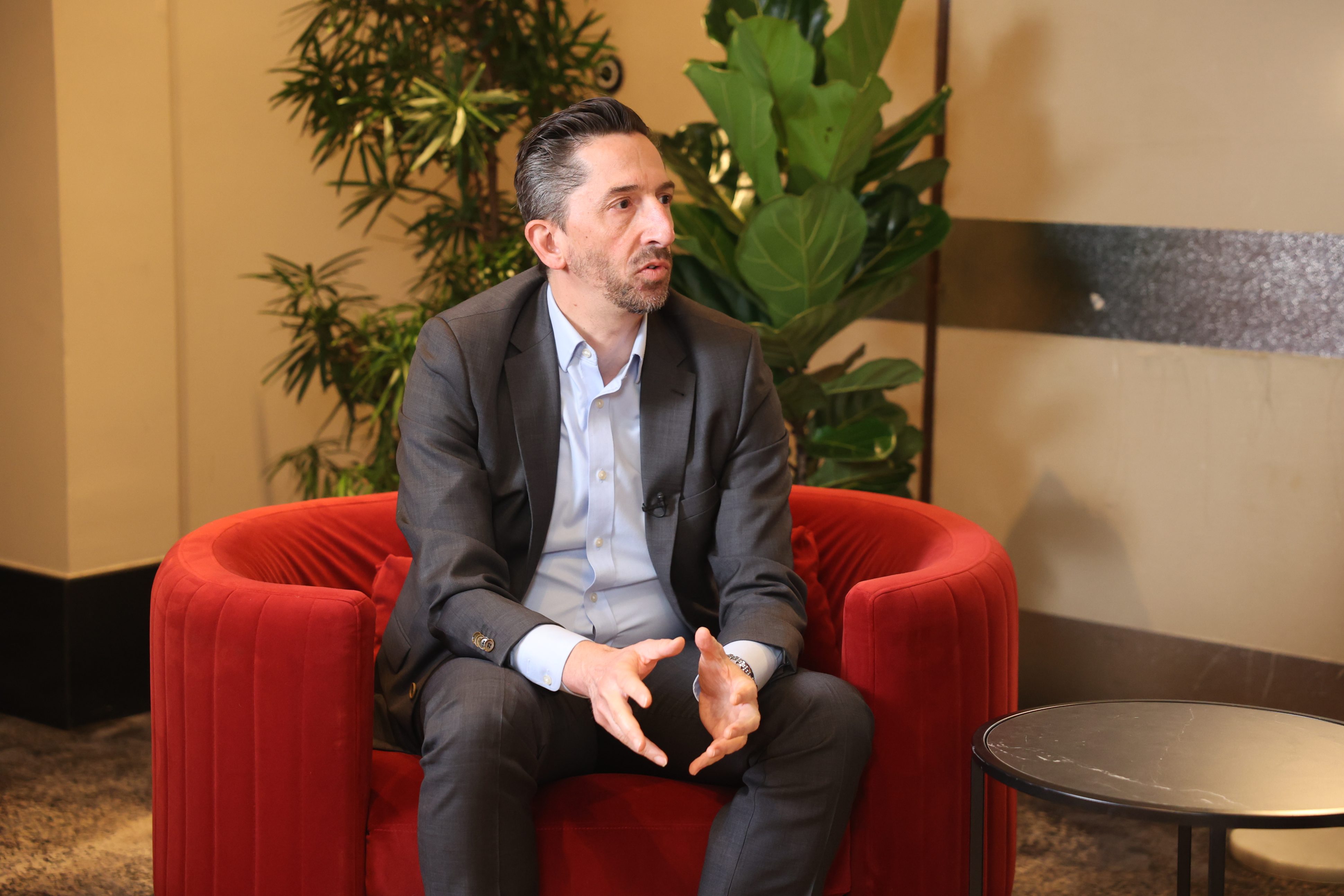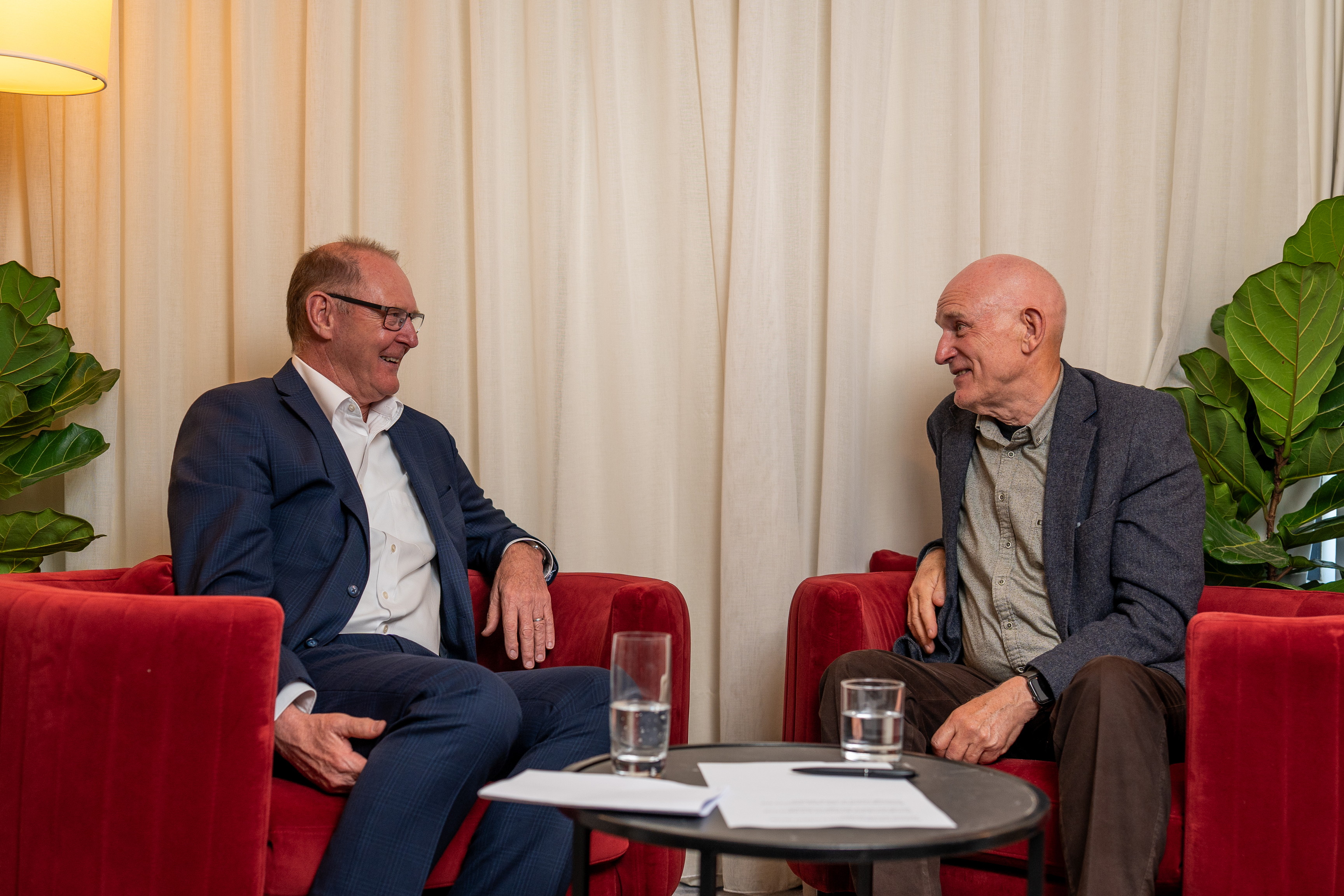David Gee, CIO, CISO, Board Advisor, NED & Author spoke at ADAPT’s Security Edge about what it takes to become a world-class CISO.
Reflecting on his own career path, he recounts a pivotal moment in a Japanese Zen Garden 30 years ago, where he decided to pursue a CEO role over a more lucrative partner position at EY.
This decision was driven by a desire for diverse experiences rather than just protecting one’s status in a corporate hierarchy. David uses this experience to encourage others to reflect on their own paths, considering not only career goals but also the brand and reputation they wish to build.
David highlights the importance of recognising gaps in skills, knowledge, and behaviour.
Aspiring to leadership roles, such as a CISO or CIO, can work towards filling those gaps through experience and role modelling.
He stresses that leadership is not just about technical skills but also about behaviours and soft skills like collaboration, negotiation and staying calm under pressure.
Moreover, leadership involves ensuring teamwork and fostering a culture where even average team members can achieve excellence through strong collaboration.
There are numerous challenges faced by CISOs and CIOs, including navigating organisational politics and managing stress. The importance of survival skills in leadership roles is crucial.
David advises leaders to balance their priorities, manage stakeholder expectations and cultivate strong partnerships, particularly between CIOs and CISOs.
He also explains his own journey of transitioning from management roles to a focus on board-level governance.
This requires a new skill set, asking the right questions, rather than just providing the right answers.
Key takeaways:
- Self-awareness and inspiration: To inspire others, leaders must first inspire themselves. Being aligned with a higher purpose and reflecting on personal values helps create a more authentic and motivated leadership style.
- Growth and gaps: Continuous learning is vital for career advancement. Leaders should identify gaps in skills, knowledge, and behaviours and actively work on closing them by seeking new opportunities and experiences.
- Leadership and teamwork: Effective leadership is about bringing out the best in team members, fostering collaboration and managing stakeholder relationships. Successful leaders balance detailed knowledge with strategic oversight, always aiming to improve team performance through strong communication and support.
David returns to Security Edge in Melbourne this October 2025 to present to 150 CISOs and CSOs on navigating complexity through resilient security leadership.





























